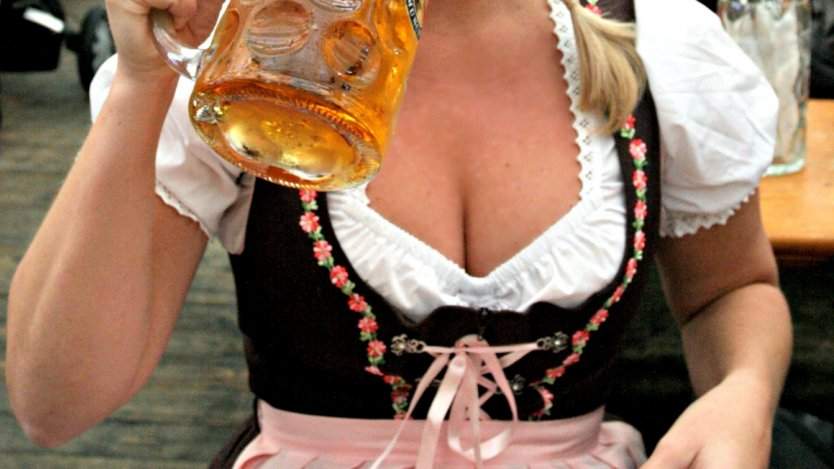When searching for the city’s best burger or checking out a new spot for happy hour, diversity and gender equality often isn’t top of mind. The founders of Edmonton-based F.E.D. U.P. believe that a number of popular restaurants are following shady practices and want you to know about it.
While the cliché “Breastaurant” trend seems to be declining (Hooters is closing both of its Calgary locations), the battle against sexism and discrimination in the food industry is far from over. Today many mainstream restaurants and nightclubs still hold a double-standard in service attire with waitresses in heavy makeup and mini skirts while their male counterparts are modestly dressed. Just ask any woman who has worked in the service industry and she’s likely to have an arsenal of horror stories about grabby customers, uncomfortable dress codes, and overly flirtatious guests.
Sexist attitudes can exist behind the line, too. While traditional women’s roles include cooking for the family, most top-paid executive chefs and restaurant owners are still male (although Canada boasts some powerful female heavy-hitters in different regions including Nicole Gomes, Connie Desousa, Dana Hauser and, of course, Food Network Canada personalities like Anna Olson or Lynn Crawford to name a few.) Qualified job candidates from diverse backgrounds often experience prejudice simply based on the assumed ethnicity from the name on their resume. Diversity and equality in the workplace is an important topic, recently gaining much-needed attention, and the service industry has been criticized as one of the worst offenders.
F.E.D. U.P. which stands for the Feminist Eatery Database Undercover Project, aims to bring attention to discrimination based on gender and race in the service industry. The website invites patrons, employers, and employees of restaurants to fill out an interactive checklist on Edmonton restaurants. Questions for guests include, “Was there sexualization of food in the menu or advertising?”, “Are images of the female body used anywhere in ads?” while employees and employers evaluate dress code, staff safety and racial diversity. Visitors are also invited to share anonymous personal testimonies on their experiences.
The site provides a list of recommended restaurants based on the feedback from their surveys. Restaurants including The Keg and Famoso Pizzeriea are praised for reasonable dress codes, caring management, and racial diversity. Several commenters share less encouraging stories including the common tale of women being required to wear short skirts and high heels for long shifts (ouch) while men can wear pants and flats. Another commenter mentioned the flip side of sexism when men have to pay cover for nightclubs and women enter for free, and male servers being denied lounge shifts by management due to female servers accruing more tips. F.E.D. U.P. has yet to release a list of not recommended restaurants but indicates that survey results are coming soon.
As with any reviews platform, the experiences shared can be personal and reflect specific managers and staff rather than the mandate of the establishment. However, providing a platform to share stories may give businesses an opportunity to respond and improve on practices without putting whistleblowers at risk.
Would you use this service in your city? As with the sustainable food sourcing movement, diners appear to be taking more interest in the ethics and what happens behind-the-scenes of where they take their business. While Hooters may soon be a thing of the past, sites like F.E.D. U.P. mean Canadian restaurant owners may have an increasingly difficult time getting away with inequality.













